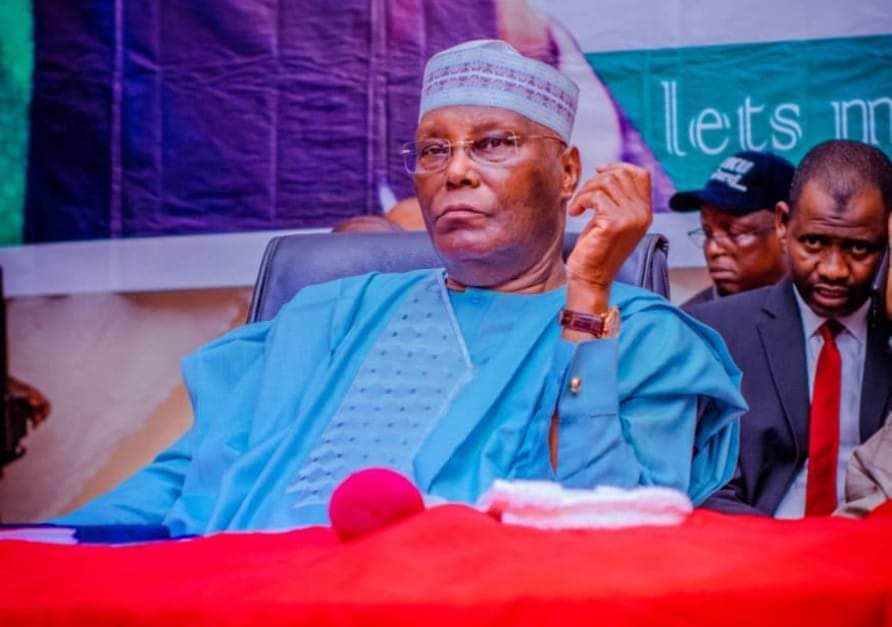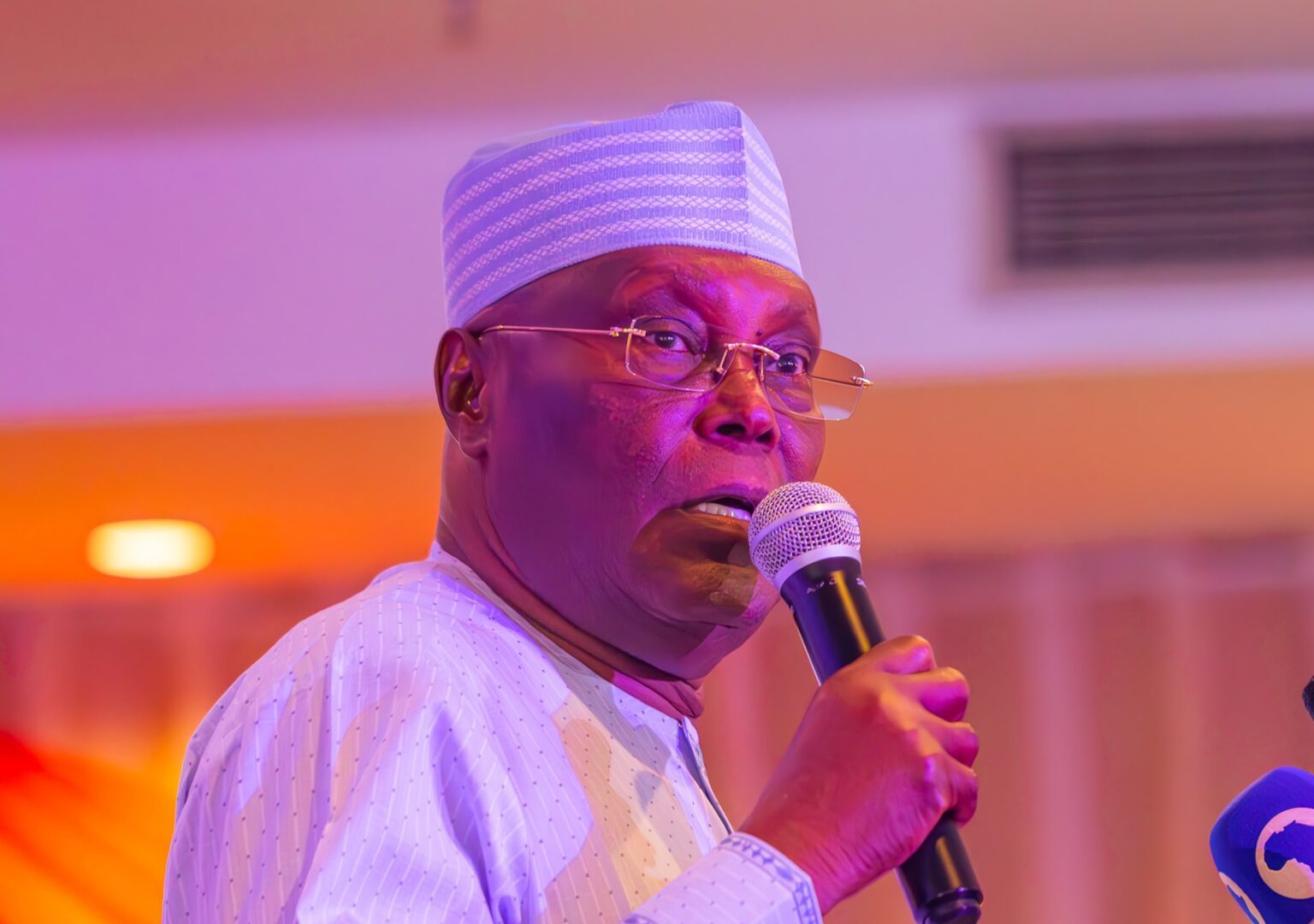Former Vice President Atiku Abubakar is arguably one of the most consistent figures in Nigeria’s political landscape, not in terms of party affiliation, but in his pursuit of the presidency.
Since Nigeria’s return to democracy in 1999, Atiku has switched parties multiple times, often citing ideological differences, internal party democracy, or the need to protect democracy itself. His political movements paint a picture of ambition and calculated manoeuvring in an ever-volatile political climate.
People’s Democratic Party (PDP): The Starting Point (1998–2006)
Atiku began his political prominence in the Fourth Republic as a founding member of the People’s Democratic Party (PDP) in 1998. In 1999, he was elected governor of Adamawa State but was selected by President Olusegun Obasanjo to serve as his running mate. He served two terms as Vice President from 1999 to 2007.
However, the relationship between Atiku and Obasanjo soured, especially during the build-up to the 2007 elections. Atiku opposed Obasanjo’s alleged third-term agenda, and the resulting rift led to deep internal divisions in the PDP.
Reason for leaving PDP in 2006: Atiku cited the “lack of internal democracy” and being unfairly treated by the party hierarchy due to his opposition to Obasanjo’s third-term ambition.
Action Congress (AC): A Platform for 2007 Ambition
In late 2006, Atiku joined the Action Congress (AC). A party with its roots in the progressive Southwest and led by Bola Ahmed Tinubu. He ran for president under its platform in 2007. Though he came third in that election, the move was widely seen as a strategic bid to stay politically relevant and counter the PDP’s dominance.
Reason for joining AC in 2006: He described the party as a “democratic alternative” that offered him the opportunity to participate in a free and fair nomination process.
Return to PDP (2009–2013): Rebuilding Bridges
After the 2007 elections and the end of Obasanjo’s influence, Atiku rejoined the PDP in 2009, ahead of the 2011 general elections. He contested the PDP presidential primaries in 2011 but lost to then-President Goodluck Jonathan.
Reason for rejoining PDP: Atiku said he returned to help “rebuild and reform” the party, suggesting that the departure of Obasanjo from active politics had created room for internal democracy.
All Progressives Congress (APC): A Bid for a United Opposition (2014–2017)
In 2014, Atiku again left the PDP and joined the newly formed All Progressives Congress (APC). A coalition of opposition parties aiming to defeat the PDP in the 2015 elections. He contested for the APC presidential ticket in 2015 but lost to Muhammadu Buhari.
Reason for joining APC in 2014: Atiku claimed the PDP had become “irredeemable,” and described the APC as a credible platform to rescue Nigeria from bad governance and promote true democracy.

Second Return to PDP (2017–2025): The 2019 and 2023 Campaigns
In 2017, disillusioned with the APC and President Buhari’s leadership, Atiku returned to the PDP once more. He emerged as the party’s flagbearer in the 2019 and 2023 presidential elections, losing both contests to Buhari and Bola Tinubu, respectively.
Reason for leaving APC in 2017: He alleged that the APC had abandoned its founding ideals, failed to fulfil its campaign promises, and had become undemocratic. In his words: “The APC has betrayed the hopes of Nigerians.”
The Pattern of Political Migration
With his recent resignation from the PDP, Atiku’s political trajectory reflects not just his ambition but also the fluid nature of party ideology in Nigeria. His frequent moves often coincide with electoral cycles and internal party disputes, raising questions about the consistency of his political principles.
While critics label him a “serial defector” driven by self-interest, supporters argue that his moves are calculated efforts to align with platforms that support democratic values and economic reform. Atiku himself has often defended his actions as necessary responses to a deteriorating political climate.
Atiku Abubakar’s journey through Nigeria’s political parties underscores the turbulence of the nation’s democratic experiment. Whether seen as a pragmatic reformer or a restless opportunist, his moves have consistently influenced the political discourse. As the country approaches another election cycle, only time will tell if Atiku’s chameleon-like flexibility remains an asset or a liability to his enduring presidential ambition.


 Trending
Trending 